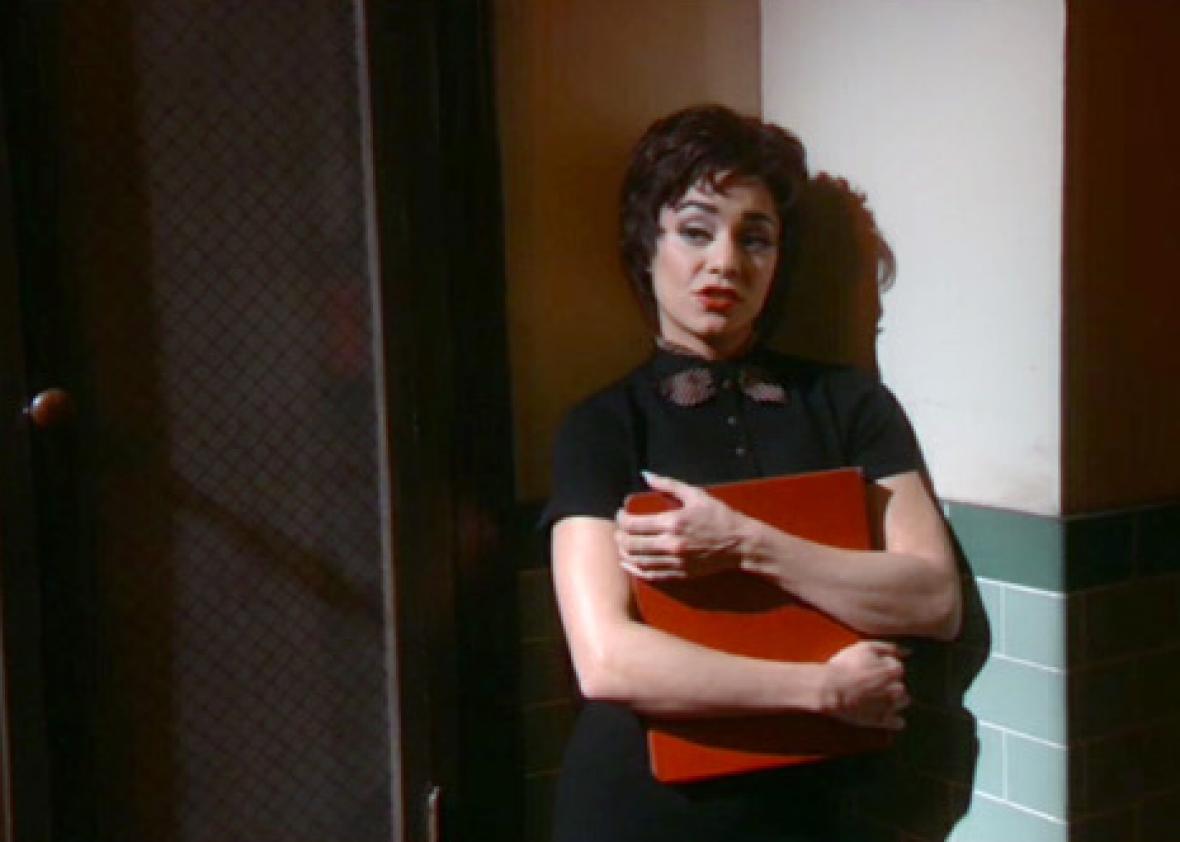Assessing the quality of TV’s live musicals feels increasingly beside the point. It’s not that there’s no way of determining whether these musicals are good or bad. But there are so many factors at play—so many different cameras and set changes and commercial breaks to juggle—that these productions can seem less like a TV show or a stage musical than a collection of strung-together moments desperately grasping for our attention. It can sometimes feel like we are watching just to see if the cast and crew can pull the thing off. But Grease: Live was truly a feat of coordination, with actors careening from set to set between scenes and suspended cameramen filming from the sky. Even—and at times because of—its rockier moments, it was the live TV musical genre at its best.
Grease: Live had a lot going for it: a ton of catchy songs, the undeniable charisma of most of its cast, and our own memories of John Travolta. Director Thomas Kail (notable for his collaborations with Lin-Manuel Miranda) freshly delivered on the possibilities of the new TV musical medium, using a vast studio space to create several memorable sets, including a fantasy USO show for Keke Palmer’s big, engrossing performance of “Freddy, My Love” and the gym/auditorium/cafeteria utility setting, which provided a great space for the montage-style filming of “Those Magic Changes.”
It could be hard, at first, to get over the way the songs congealed into a sort of sugary blandness. Julianne Hough was fine as Sandy, but suffered from some sound problems, and didn’t quite seem to be able to deliver her jokes. Aaron Tveit’s Danny Zuko was appealing in a hyper-earnest, first day of school sort of way, but he didn’t really ignite until the very end, when it was too late for him to do anything other than celebrate the fact that he’d made it to the last few minutes of the show. Grease: Live’s technical prowess meant that the show at times seemed enamored of its own live-ness. Relentlessly meta storytelling is by now standard for this kind of event programming, and some of these touches were great—especially the frequent cuts to the black-and-white Bandstand airing on the TV in the diner. But characters were constantly referring to the fact that they were performing, calling attention to the limitations of the TV medium, and doing pretty much everything up to winking directly at the camera. (Mario Lopez basically kissed the camera every time he was on screen. He was, unsurprisingly, perfect as the preening Vince Fontaine.)
The adaptation also contorted itself to make occasionally bizarre changes in an attempt to sanitize the lyrics. (One of the few things not cut—the rape-y, horrible “did she put up a fight” line from “Summer Loving.”) Its message—more or less an endorsement of changing your identity because a hot guy lied to you over summer vacation but is still totally hot—remained basically intact. It’s not easy to rehab Grease for a contemporary context. But Grease: Live somehow worked anyway.
Everyone nailed the complicated choreography (especially “Greased Lightning”), and somehow, the noticeable glitches—like a brief stretch when the broadcast lost sound—just made the smoothness of the rest of the production more thrilling. The minor characters were delightful, from Boyz II Men showing up for “Beauty School Dropout” to Ana Gasteyer’s note-perfect Principal McGee to the several actors from the original Grease movie. The talent pool was, on the whole, much deeper for the women of Rydell High—the Pink Ladies blew the T-Birds out of the water in every imaginable way. (Note to Hollywood: Please give Kether Donohue, Vanessa Hudgens, Keke Palmer, and Carly Rae Jepsen some sort of remake of Charlie’s Angels, or an all-female remake of The A-Team, or something.)
In fact, I’d say the biggest story of Grease: Live was Hudgens’ rendition of “Worse Things I Could Do”. It was a remarkable performance on its own, though her tears and sheer emotional force seemed to take on new meaning in light of the recent death of her father. It was naked, mesmerizing, pyrotechnic and sad. And it felt at once polished and controlled and fully spontaneous—a rare combination for live TV. In a landscape full of meticulously-maintained prestige television, where everything is over-scripted for either sheer bubblegum entertainment or critic-pleasing virtuosity, a moment like that is something special.
